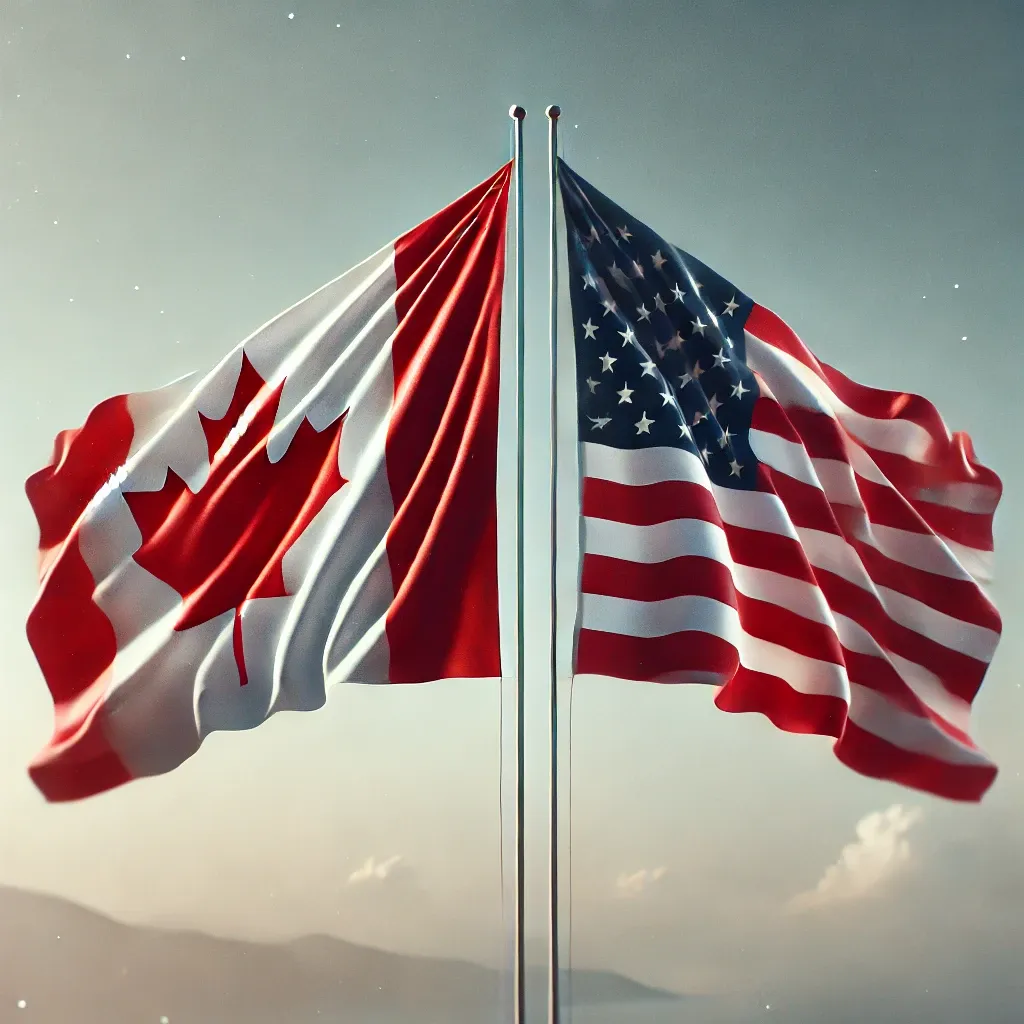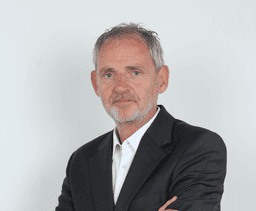Bringing a wireless or RF device to both U.S. and Canadian markets requires a thorough understanding of FCC and ISED certification processes. Each has its unique standards, testing procedures, and compliance requirements, making it vital for manufacturers to plan their approach carefully.
Key Differences Between FCC and ISED Certifications
Regulatory Bodies and Standards
FCC (U.S.)
The FCC manages a variety of RF device standards, such as Part 15C for low-powered devices like Wi-Fi and Bluetooth, Part 15E for U-NII devices, and Part 22 for cellular communications. Testing is carried out by FCC-recognized accredited labs, and the certification itself is issued by a Telecommunication Certification Body (TCB). The FCC ID consists of two parts: the Grantee Code and the Product Code.
ISED (Canada):
In Canada, ISED ensures that devices comply with Radio Standards Specifications (RSS), such as RSS-GEN and RSS-247. Like the FCC, ISED relies on accredited testing labs to perform product testing. However, the certification itself is handled by Conformity Assessment Bodies (CABs). Canadian products must display a Unique Product Number (UPN) and adhere to bilingual labeling requirements in both English and French.
Certification Process
ISED Certification:
In Canada, an ISED-recognized lab conducts the testing, and the CAB reviews the results. If the device meets Canadian standards, it receives certification, and the product must comply with Canada’s labeling requirements, including the display of a UPN and bilingual labels.
FCC Certification:
Once an accredited lab tests the device, the results are submitted to the TCB for review. The TCB, not the FCC itself, issues the Grant of Equipment Authorization, which allows the device to be marketed under a valid FCC ID.
Local Representatives for ISED Certification
A key difference between FCC and ISED certification is the requirement for non-Canadian manufacturers to appoint a local representative in Canada. This representative is responsible for post-market compliance, serving as the primary point of contact for ISED in cases of recalls, inquiries, or regulatory issues. This local representative will need to be registered in the ISED Database. The US does require a local contact for all kind of applications, however this contact does not need their own FCC Registration Number (FRN).
Mutual Recognition Agreements (MRAs)
Mutual Recognition Agreements (MRAs) allow for the mutual recognition of testing and certification conducted by accredited bodies in other countries. Canada has signed MRAs with several regions, making it easier for manufacturers to achieve certification without redundant testing.
Key MRAs Signed by Canada
- United States: The Canada-U.S. MRA allows test results from FCC-recognized labs to be accepted by ISED, and vice versa, streamlining the certification process.
- European Union (EU): Canada and the EU recognize each other’s certifications through the Comprehensive Economic and Trade Agreement (CETA).
- European Free Trade Association (EFTA): This agreement with Iceland, Liechtenstein, Norway, and Switzerland facilitates trade by recognizing mutual certifications for telecommunications equipment.
- United Kingdom: Post-Brexit, Canada and the U.K. established a new MRA to maintain certification recognition between the two nations.
- APEC and CITEL: These agreements simplify certification across Asia-Pacific and Latin American countries.
Benefits of MRAs
- Faster Market Access: By eliminating the need for duplicative testing, MRAs allow products to enter multiple markets more quickly.
- Cost Savings: MRAs help manufacturers avoid redundant testing costs.
- Recognition of Conformity Assessments: Certifications granted in one MRA-participating country are recognized in another, simplifying the administrative process.
However, it is essential to comply with local requirements, such as Canada’s bilingual labeling laws and the use of a Unique Product Number (UPN), even if the MRA streamlines other aspects of certification.
Steps to Achieve ISED Certification
- Leverage MRAs: Use the MRA to have test results recognized by ISED if your device has already been tested by an FCC-recognized lab.
- Appoint a Local Representative: Non-Canadian manufacturers must appoint a local representative to handle regulatory compliance and serve as the primary point of contact for ISED.
- Ensure Compliance with ISED Standards: Products must comply with Canadian standards, such as RSS-GEN, to receive certification.
- Comply with Bilingual Labeling Requirements: Ensure that your product label includes the UPN and is compliant with Canada’s bilingual (English and French) labeling laws.
Pitfalls to Avoid
- Assuming FCC Certification is Enough: FCC certification alone does not satisfy ISED’s requirements. Even with MRAs, manufacturers must ensure compliance with Canadian standards and labeling.
- Neglecting to Appoint a Local Representative: This step is mandatory for non-Canadian manufacturers seeking ISED certification. Failing to appoint a local representative can result in compliance issues.
- Overlooking Bilingual Labeling: Canada’s bilingual labeling requirements are strict, and failure to meet these standards can lead to delays or rejection in the Canadian market.
Moving Forward: Gaining an Edge in Global Certification
Navigating the certification processes for FCC and ISED is essential for manufacturers seeking to sell their products in both markets. By leveraging Mutual Recognition Agreements (MRAs) and ensuring compliance with local standards and labeling requirements, manufacturers can streamline certification and accelerate market access. However, careful planning and attention to the specifics of each country’s regulations are crucial to success.
Ready to bring your product to the global market? Let IoT Consulting Partners Group guide you through the complexities of FCC and ISED certification. We’ll help you navigate the regulations, ensuring a smooth and successful launch in both the U.S. and Canada.


